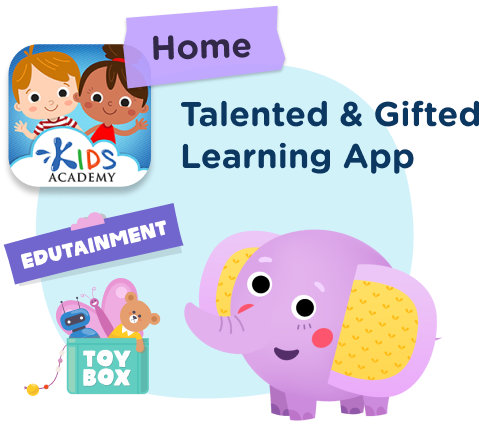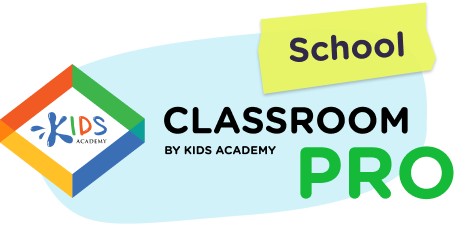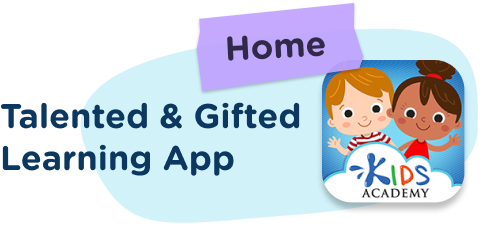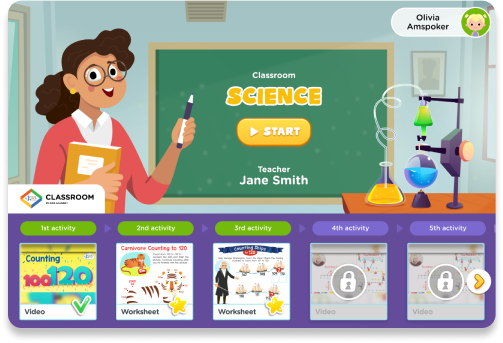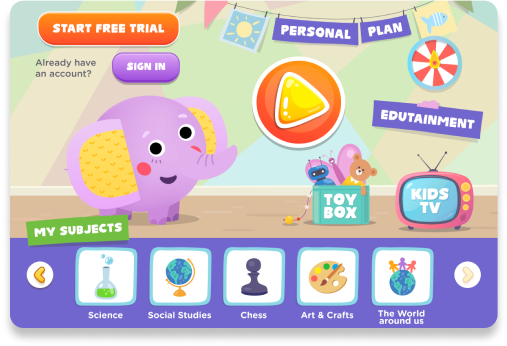Improving categorization skills Worksheets for Ages 5-6
3 filtered results
-
From - To
Enhance your child's learning with our “Improving Categorization Skills Worksheets” tailored for ages 5-6. These engaging worksheets are designed to boost essential cognitive skills by encouraging young learners to group objects, identify similarities, and differentiate between various items. With fun themes and colorful visuals, our activities promote critical thinking while making learning enjoyable. Ideal for both home and classroom settings, these worksheets align with early educational standards, offering children hands-on experience with sorting and categorizing. Help your child develop important organizational skills and a deeper understanding of their surroundings. Download now and watch their confidence grow!
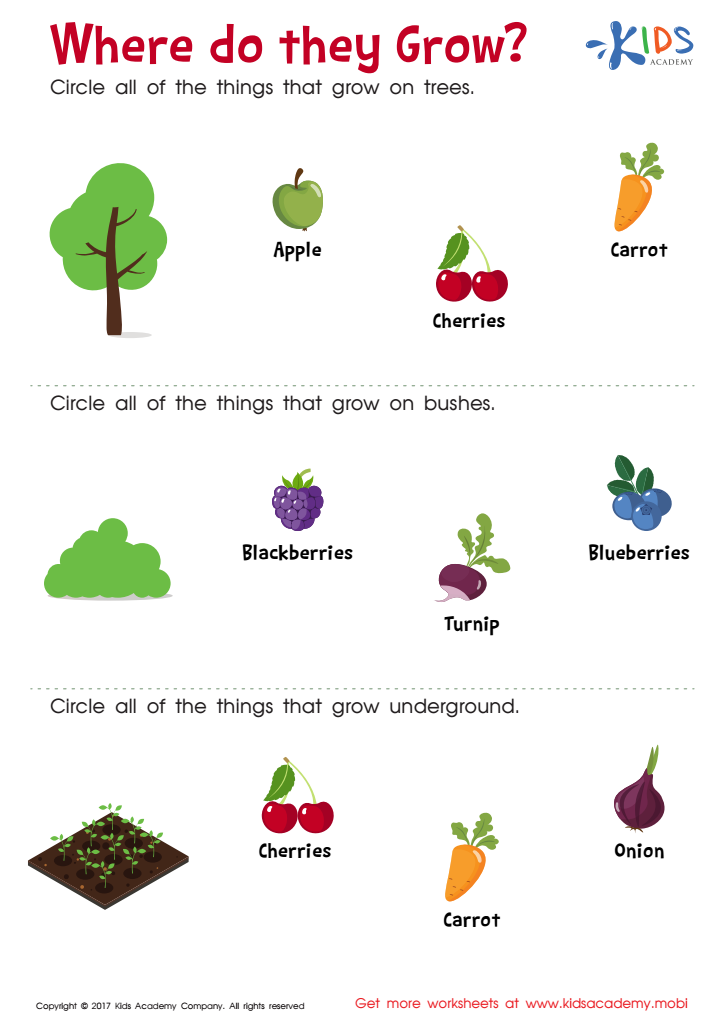

Where Do They Grow Worksheet
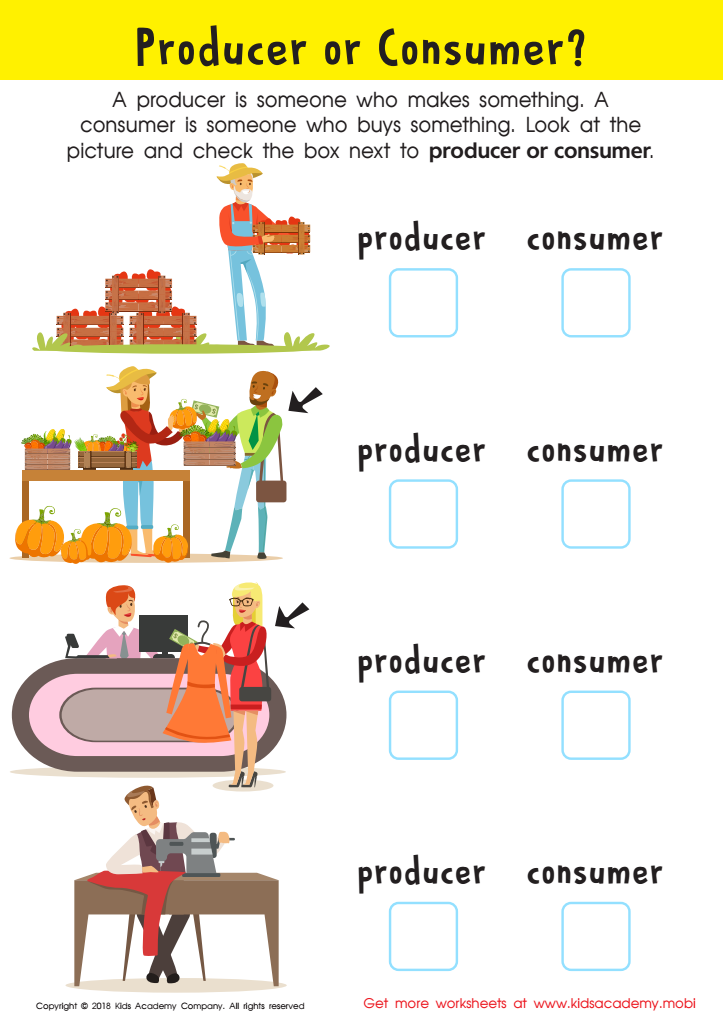

Producer or Consumer? Worksheet
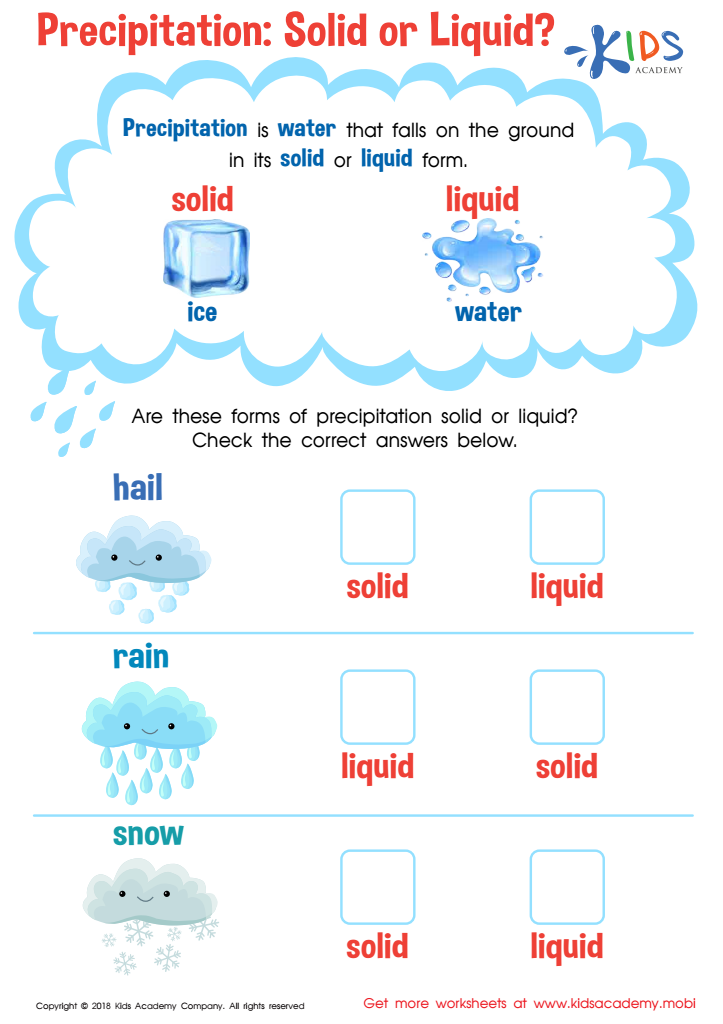

Precipitation: Solid or Liquid? Worksheet
Improving categorization skills in children aged 5-6 is crucial for their cognitive, social, and academic development. At this age, children are naturally curious and eager to make sense of the world around them. When parents and teachers focus on enhancing these skills, they help children learn to identify, group, and differentiate objects or ideas based on shared characteristics. This foundational ability supports critical thinking, enhances problem-solving skills, and fosters logical reasoning.
Categorization skills also play a vital role in language development. As children learn to group words and concepts, they expand their vocabulary and improve their communication abilities. Moreover, these skills are closely linked to mathematical understanding; recognizing patterns and sorting objects form the basis for future mathematical concepts.
Socially, categorization aids in understanding relationships and similarities, empowering children to interact more effectively with peers. They learn to classify not just objects, but also emotions and behaviors, contributing to better social skills.
By caring about and actively supporting the improvement of categorization skills, parents and teachers give children essential tools to navigate their environment, fostering a lifelong love of learning and a strong foundation for future academic success. This early investment pays significant dividends in various facets of a child's development.
 Assign to My Students
Assign to My Students














